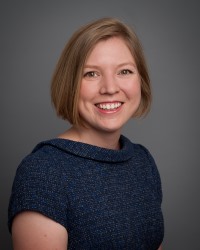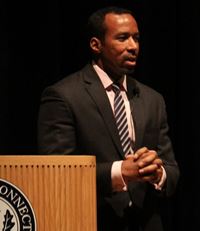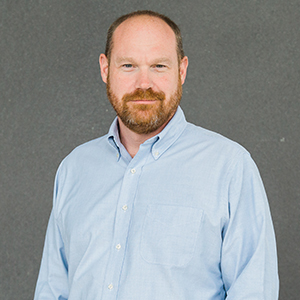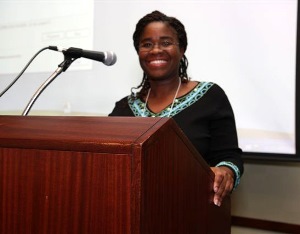We would like to congratulate UConn-Stamford rising senior, Maria Oliveira ’21, for being just one of twenty students in the country selected as a Key into Public Service Scholar by The Phi Beta Kappa Society, the nation’s most prestigious academic honor society. This award recognizes students who have revealed a passion for working in the public sector and who demonstrate a strong academic record in the arts, humanities, mathematics, natural sciences, and social sciences. Scholars receive a $5,000 undergraduate scholarship and will participate in a virtual conference in late June that provides training, mentoring, and reflection on pathways into active citizenship (in the tradition of Phi Beta Kappa’s founders).
As an honors history major with a minor in mathematics, Oliveira is an exceptional student. She is President of the Student Government Association at UConn-Stamford, and was named a Babbidge Scholar in 2019 and 2020, earned the 2019 Cohen and Henes Scholarship for Judaic Studies, and received the 2019 Award for Outstanding Achievement in Mathematics and the 2018 Award for Outstanding Achievement in Chemistry. Oliveira is a member of both the Phi Beta Kappa and Phi Kappa Phi Societies, and is on the dean’s list with a 4.0 GPA following her third year. Additionally, we are must excited to read Oliveira’s upcoming honors thesis on the 16th and 17th century Portuguese empire in India, which according to Professor Edward Guimont is “truly excellent work” especially given the recent Covid-19 restrictions on materials.
To read more about Maria Oliveira’s hard work and wonderful success, please click here.
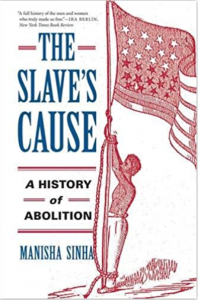 On this Juneteenth Day, a quote from Professor Manisha Sinha‘s book, The Slave’s Cause: A History of Abolition, begins an important New York Times op-ed (written by Jamelle Bouie) on “Why Juneteenth Matters.” Professor Sinha’s argument that slave resistance was crucial for the abolition movement nicely introduces Bouie’s argument that it was enslaved people “who turned a narrow conflict over union into a revolutionary war for freedom” and who continued to fight for their freedom and citizenship.
On this Juneteenth Day, a quote from Professor Manisha Sinha‘s book, The Slave’s Cause: A History of Abolition, begins an important New York Times op-ed (written by Jamelle Bouie) on “Why Juneteenth Matters.” Professor Sinha’s argument that slave resistance was crucial for the abolition movement nicely introduces Bouie’s argument that it was enslaved people “who turned a narrow conflict over union into a revolutionary war for freedom” and who continued to fight for their freedom and citizenship.